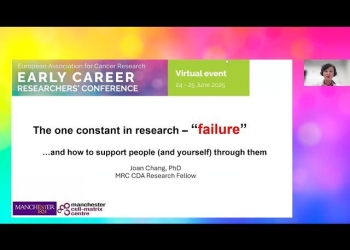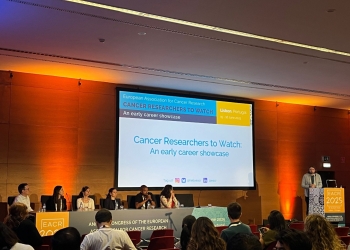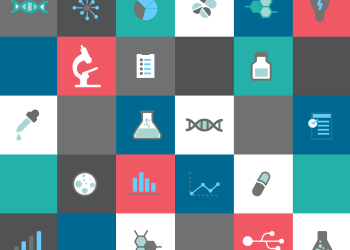The EACR’s ‘Highlights in Cancer Research’ is a regular summary of the most interesting and impactful recent papers in cancer research, curated by the Board of the European Association for Cancer Research (EACR).
The list below appears in no particular order, and the summary information has been provided by the authors unless otherwise indicated.
Use the dropdown menu or ‘Previous’ and ‘Next’ buttons to navigate the list.
Houlahan, K., E. et al. Science. 384: 6699 (2024).
doi: 10.1126/science.adh8697.
Summary and graphical abstract by Alexandra Boitor, EACR Scientific Officer
 Summary of the findings
Summary of the findings
Cancer cells have the ability to hijack various cellular processes and hence despite presenting similar clinical characteristics tumours may present molecular differences with serious implications for disease prognostic and treatment response. The germline genome is highly variable, with differences across individuals occurring at millions of polymorphic sites. This variability may play a role in dictating the somatic evolution of the tumour. Mounting evidence suggests that a subset of T cells may respond to germline-derived epitopes during tumorigenesis.
In this paper, Houlahan et al investigated the role that germline variability may play in the development of various types of breast cancer by mediating immunoediting. Starting from the hypothesis that during tumour progression the body would select against genomic amplifications of germline variants that produce MHC class I antigenic determinants, the authors show that germline-derived epitopes have the ability to influence the molecular subtype that breast tumours commit to. The authors of this paper suggest that this germline-derived epitope burden negative selection is likely to occur beginning from precancerous lesions and persists throughout tumour progression influencing the metastatic predisposition. When tumours develop despite a high germline-derived epitope burden, they develop immune evasion mechanisms and hence tend to be more aggressive.










